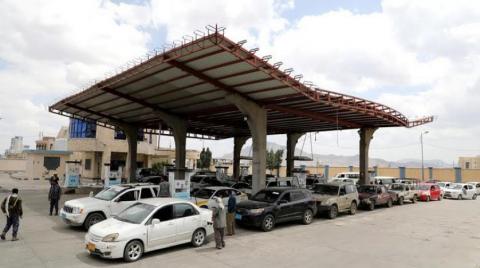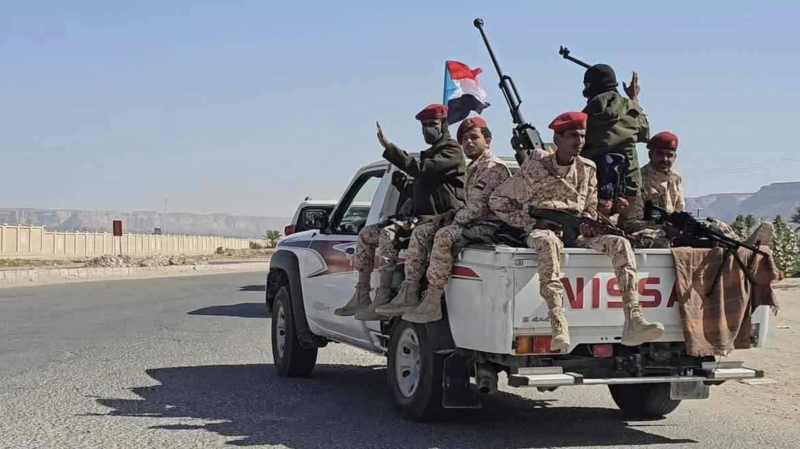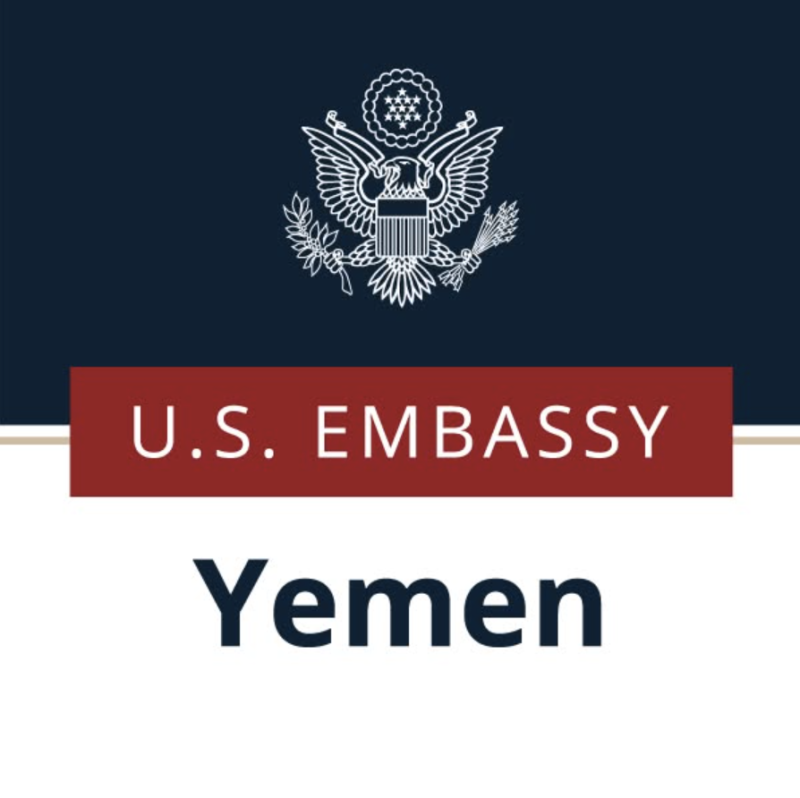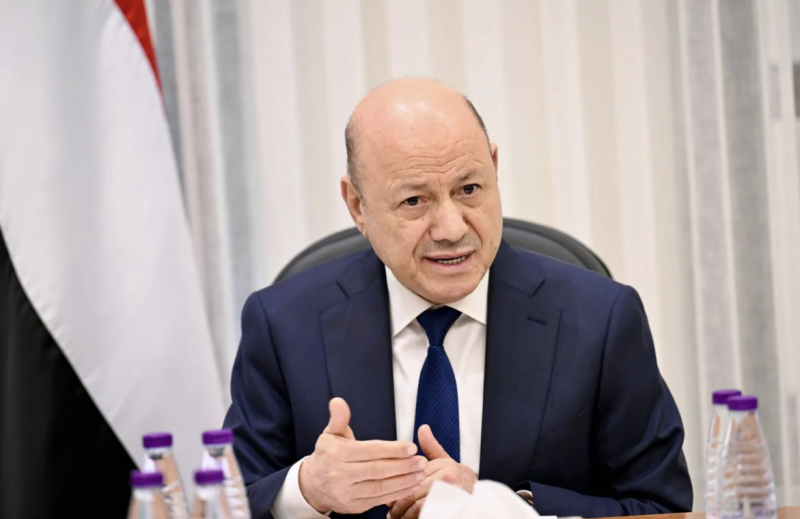Coronavirus Slams Broken, Embattled Yemen


Lacking equipment, expertise and authority, a divided, war-torn country bobbles a response to a surging pandemic.
In northern Yemen, more and more people are falling ill and dying after having trouble breathing, yet the Iran-backed group that controls the region, the Houthis, has acknowledged only a few coronavirus deaths.
In southern Yemen, where two groups that previously fought the Houthis together have turned on each other, mortality rates have more than tripled compared with last year.
The coronavirus appears to have slammed into Yemen, a country already staggering from five years of war, competing power centers, a health care system in ruins, widespread hunger and outbreaks of cholera and other infectious diseases.
But the denial of the outbreak in the Houthi-controlled north, the absence of clear authority in the divided south and the drying-up of aid everywhere have hobbled any hope of limiting the virus’s spread, leaving health care workers and hospitals ill-equipped to cope with it and the public confused and suspicious of efforts to combat it.
Yemen was already facing what has been called the world’s worst humanitarian crisis before the virus hit. The war, in which a Saudi-led military coalition is battling the Houthis, has taken 100,000 lives. Saudi-led airstrikes have killed thousands of civilians and destroyed hospitals and schools, while United Nations officials have accused the Houthis of diverting humanitarian aid.
The pandemic has generated rumors that patients were being euthanized at hospitals, causing many Yemenis to shy away from treatment. Yet when they can no longer avoid the hospital, they are regularly turned away for lack of beds, protective equipment and medical supplies.
The authorities in many places are too weak to prevent large crowds from gathering at prayers, funerals and marketplaces, or residents from traveling within the country.
The confusion and doubt are compounded by the secrecy surrounding the outbreak — officially, the country has only 282 confirmed cases and 61 deaths.
“In Yemen, we think there’s no coronavirus because we don’t trust our own health system,” said Salah Mohammed, a school security guard in the southern port city of Aden. “They talk about a curfew to prevent the spread of the disease. Great. But why do they allow people to move freely around the country if there’s a curfew?”
With little testing available and the government and hospitals in disarray, it is difficult to measure the virus’s true spread in Yemen. What numbers are known, however, are grim.
As of last week, tests had confirmed more than 500 coronavirus cases just in Sana, the Houthi-controlled capital, said a doctor who advises the Health Ministry there. The deputy health minister is among those infected, and a former president of Sana’s flagship university is among the nearly 80 dead.
Yet the Houthi authorities have acknowledged only four cases in their territory, leaving public health officials, health care workers and aid groups to sound the alarm about an outbreak whose severity the authorities are playing down.
Some Health Ministry employees have been pleading with senior officials to make the true numbers public so that emergency medical workers and residents understand the gravity of the threat, said the doctor, who asked to remain anonymous because the authorities had threatened colleagues who had tried to go public.
On Thursday, the Health Ministry in Sana asserted in a statement that other countries’ decisions to publicize their coronavirus case counts had “created a state of fear and anxiety that was more deadly than the disease itself.” The ministry offered no numbers of its own.
“We don’t have to adhere to what the world wants us to,” Yousif al-Hadhiri, a ministry spokesman, said in an interview on Friday. He blamed the World Health Organization and international aid groups for being “lazy” and failing to deal with the outbreak.
The reason for the secrecy is unclear. But one result is that the virus is likely to spread further, analysts said.
“The Houthis aren’t just shooting themselves in the foot,” said Osamah al-Rawhani, the executive director of the Sana’a Center for Strategic Studies, a Beirut-based think tank focused on Yemen. “They’re shooting people. The people who are in power haven’t recognized or revealed the right information to the public. And secrecy makes people do the wrong things because they’ve gotten the wrong message.”
The coronavirus is ravaging the other side of the front lines as well, where forces opposed to the Houthis are also reporting dubiously low numbers. There, however, the main problem is not denial, but lack of governance and a health care system in meltdown.

Aden – Yemeni media outlets reported on Wednesday that southern government forces in Hadramout confirmed the stability of the situation in th…

Washington – The United States has voiced concern over recent developments in southeastern Yemen, stressing the importance of avoiding any st…

Riyadh --  Yemen’s Presidential Leadership Council Chairman, Rashad al-Alimi, announced on Tuesday a nationwide state of emergency, effe…